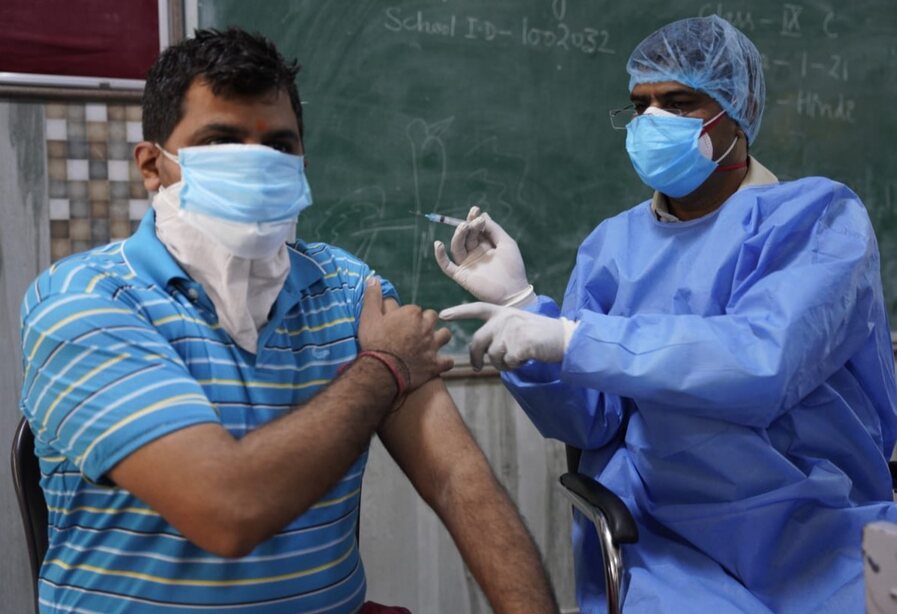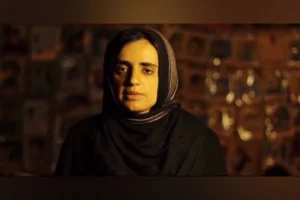The devastating second coronavirus wave sweeping across India has come as a major setback to the global fight against the deadly pandemic.
The World Health Organization is struggling to fill the gap left in the COVAX vaccine-sharing programme as India is unable to export AstraZeneca doses which were to play a crucial role in helping poor countries. Talks have been initiated with alternative suppliers including the United States, senior WHO officials said on Monday.
"In the next few months we do not expect Serum Institute of India to be able to supply the number of doses originally predicted," WHO chief scientist Soumya Swaminathan told a news conference.
Bruce Aylward, a WHO senior adviser, said there was no firm date for resumption of Indian vaccine exports amid its COVID-19 crisis.
The COVAX facility is bringing nations together, regardless of their income level, to ensure the procurement and equitable distribution of COVID-19 vaccines and India, with its large manufacturing capacity was considered a key source. Indian vaccines are more affordable and also much easier to handle as they can be stored at normal refrigeration temperatures of 2 to 8 degrees Celsius.
India had in fact supplied vaccines to over 80 countries after the outbreak of the pandemic as it had succeeded in containing the disease within the country. This had enabled it to spare not only vaccines but other equipment such as medicines, PPE equipment and masks for the worst hit countries.
However, with the outbreak of the second wave, the tables have been turned as India itself is in desperate need of equipment and medicines for its large population. It has also become imperative to accelerate the inoculation drive within the country.
India ramping up vaccine production
However, at the same time the Indian government has moved on a war footing to ramp up vaccine production with the allocation of Rs 4,500 crore to vaccine makers Serum Institute and Bharat Biotech to expand capacity.
The Government has decided to step up the production of home-grown anti-Covid vaccine Covaxin by 10 times to 100 million doses a month by September as three public sector companies, one at Bulandhshahar in UP, another at Hyderabad and a third at Mumbai will also start manufacturing the vaccines.
Sputnik V
The Indian government has also approved Russia’s Sputnik V Covid vaccine for production and use in the country.
India is poised to become a major hub for producing the Sputnik V vaccine with five Indian companies having signed agreements for the production of the vaccine. The total capacity works out to around 850 million doses a year.
Other vaccines in pipeline
The other vaccines that are expected to be approved in the coming months are Johnson and Johnson, Novavax, Cadila Zydus and a nasal vaccine by Bharat Biotech. Cadila Zydus and Bharat Biotech are the two new indigenous vaccines in the pipeline while the other two are in partnership with US pharma giants.
Novavax and Johson & Johnson are two other vaccines that are on the fast track and have the backing of the Indo-Pacific Quad agreement for production in India. J&J has a deal with Indian firm Biological E Ltd to contract-manufacture its vaccine while US pharma giant Novavax has an agreement with Serum Institute of India. Pfizer is also seeking approval to bring its vaccine to India




















